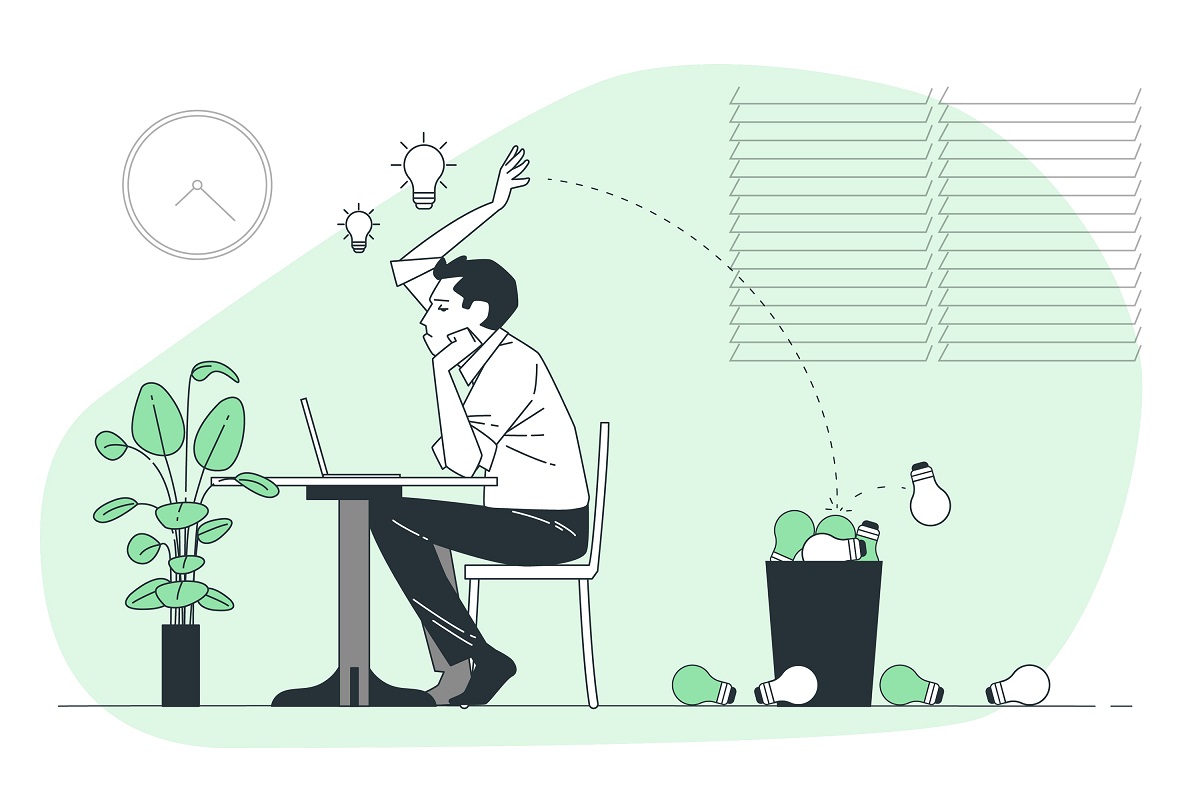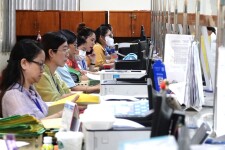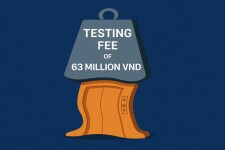Sandbox is a term, which comes from the computer industry and is a test environment. Up to now, this concept is the way to talk about completely new experimental models of mechanisms and policies in a narrow scope.
New business models such as the sharing economy, new products and services such as self-driving cars, medical technology (MedTech), financial technology (Fintech), etc., which were once unfamiliar, have gradually become popular are Sandbox products.
Around the world, 73 Sandboxes have been announced to be established in the Fintech sector as of August 2020. In Southeast Asia, 6 countries have established Sandboxes including: Thailand, Singapore, Malaysia, Indonesia, Brunei and the Philippines. . However, this mechanism in Vietnam so far is still very limited in terms of quantity, scale and feasibility for enterprises.
The emergence of new products and services poses challenges for policy-making agencies, when the law has not yet regulated or does not allow the operation of these products and services. The Regulatory Sandbox is seen as a solution to correcting problems arising from new technology that has not been tested or foreseen by legal regulations.
The regulatory audience for the Trial Regulatory Mechanism is typically innovative financial products, technology-enabled products, and new business models. Sandbox "experimental legal frameworks" applied to startups with technology applications (fintech, blockchain, ...) or business enterprises under the new economic model (sharing economy) will be conducted. in a well-defined space and time. However, Sandbox testing can also fail, so allowing Sandbox testing should be accompanied by appropriate safeguards to protect the national financial system.
The problem is that the fear of failure is limiting the motivation of businesses to dare to propose, dare to experiment. The number of pilot mechanisms so far is very small, the scope of the pilot mechanism is also very narrow, only applicable to a specific type of product or service (technological taxis, mobile money). On the other hand, the pilot mechanism is not really “exempt” from the law. The idea of building Sandbox is to allow businesses to be exempt from certain obligations. Looking at the existing pilot mechanisms, it seems that they are trying to create additional space alongside existing regulations, rather than "breaking" them.
Therefore, the testing mechanism - Sandbox has appeared for a long time but is not familiar to Vietnamese businesses.

When the Sandbox Testing Mechanism has not really created the playground for businesses, it is difficult to avoid wasting unique business ideas
In Vietnam today, a series of questions about starting a business in the field of technology, investment, business, crypto/virtual currency management, etc. are still open. This is a fertile ground for "risks" to creep around every corner of life. The legal vacuum has created "land" for some types of criminals to conduct illegal transactions ... through the forms of business, capital raising, and trading in disguised cryptocurrencies that the iFan virtual currency crash caused. The recent concussion is an example.
From another angle, it seems that foreign enterprises are receiving more incentives than domestic enterprises in terms of tax and fee policies. Of course, these policies are also aimed at certain benefits for the country, but the creaking injustice exists and limits the creative motivation of domestic enterprises.
It is necessary to build Sandbox mechanisms to enable businesses to have a "courtyard and space" for ideas to experiment.
And the application scope of this testing mechanism should also expand instead of mainly technology and financial industries. The sharing economy model has been applied to a number of business groups, but most of them are spontaneous, that is, civil agreements are simply based on existing regulations. But if there is a breakthrough in openness in testing mechanisms, more "reckless" in order not to be afraid of failure, boldly seeking success, then there will likely be more opportunities for the Vietnamese market. .
No one has ever thought of an online business model, when sellers and buyers did not need to interact directly in the twentieth century. However, the 21st century has proven to us the pervasive success of Amazon, Tiki, Lazada, etc. and even online business on social networks like Facebook, Zalo, TikTok. These business forms were born and developed, and new regulations on tax, quality control, etc. are gradually being improved. Are there more unique business models or business models waiting? It is likely that the Sandbox mechanism will be an opportunity for businesses to boldly raise and develop.
It can be affirmed that Sandbox is an opportunity for many industries and economic fields in Vietnam to break through. Especially with technology applications in the 4.0 era, this potential will be even greater and we also need to be more open to "widening the way" for businesses that dare to try.
We have also witnessed many economic models whose influence beyond the control of the Government will lead to a coercive move: If you can't control it, ban it. However, in recent years, strategic thinking on macroeconomic policy has gradually opened up, the economic management mechanism has shifted to a state of flexibility rather than banning ideas. Free to grow in a controlled environment. That's the Sandbox.

In addition to finance and technology, Sandbox can also be applied in many other fields to promote breakthrough development.
It should be noted that the elevator has only been included in the list of domestically produced items since November 2014, less than 8 years up to this point. The new elevator industry is taking its first steps. According to an objective rule, the mechanisms and policies to manage and stimulate growth in a new field will face many difficulties, sometimes becoming invisible barriers that slow down the development of the industry.
That forced us to propose bold ideas about Sandbox for the elevator industry!





